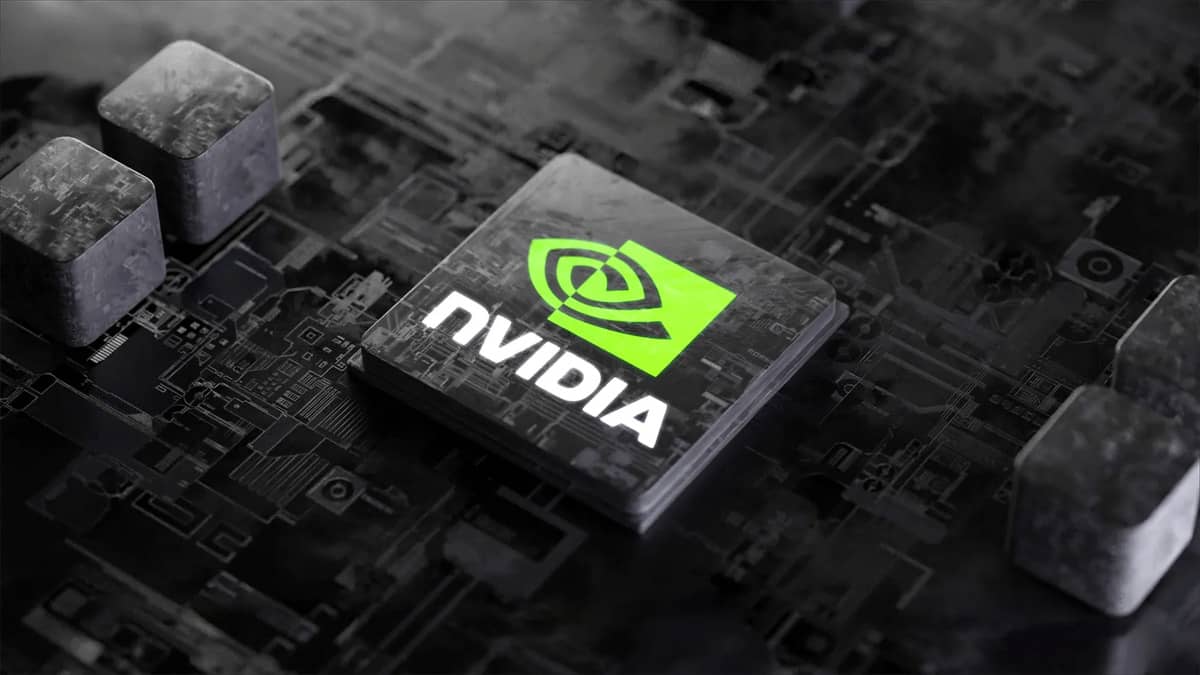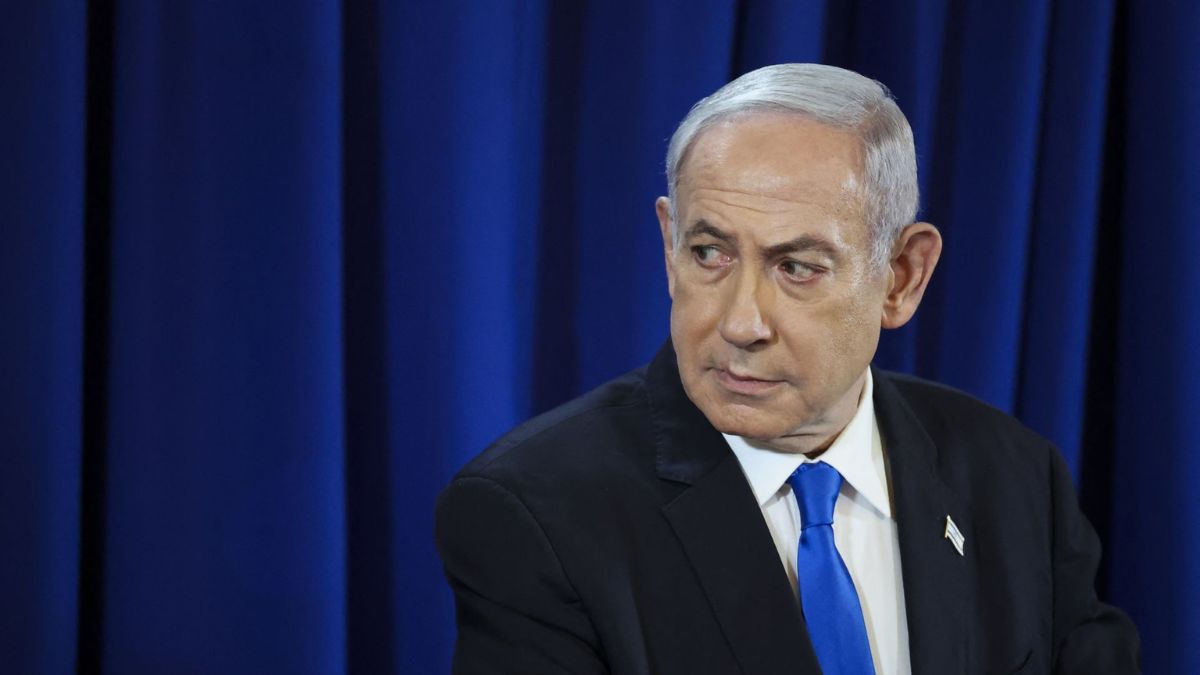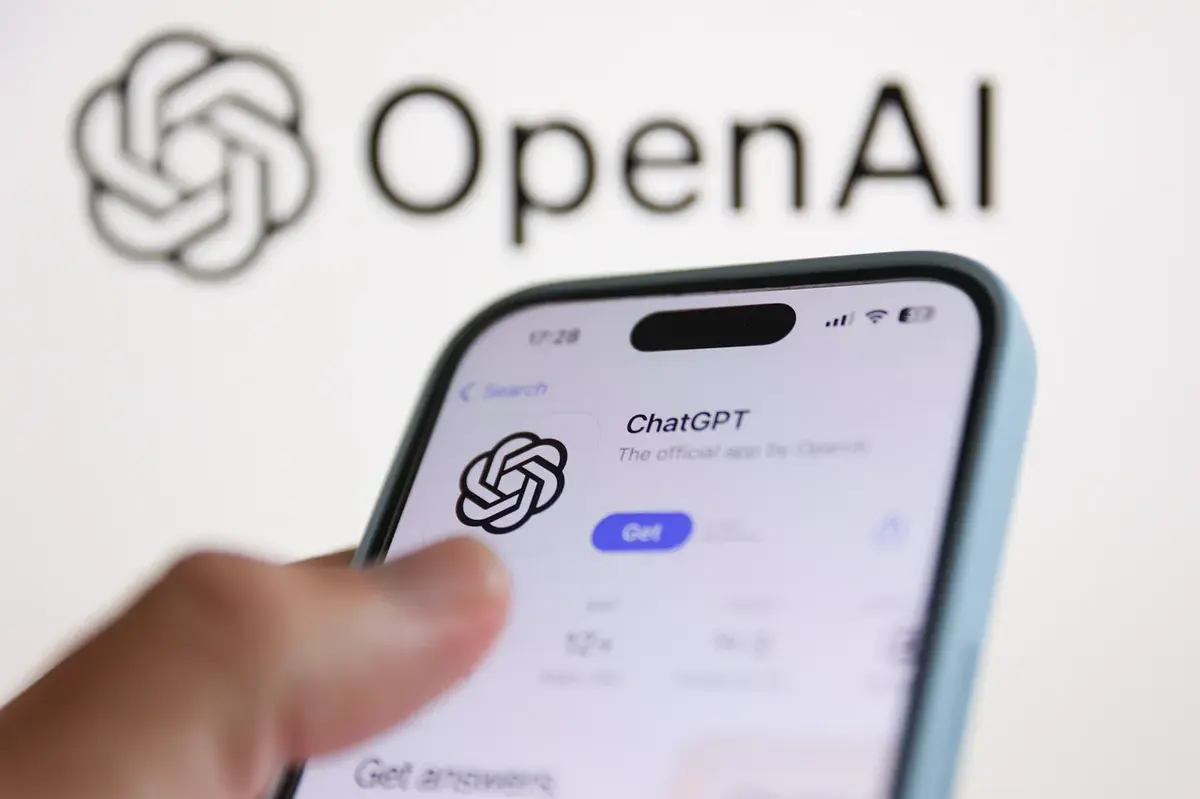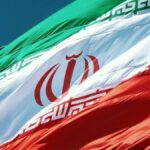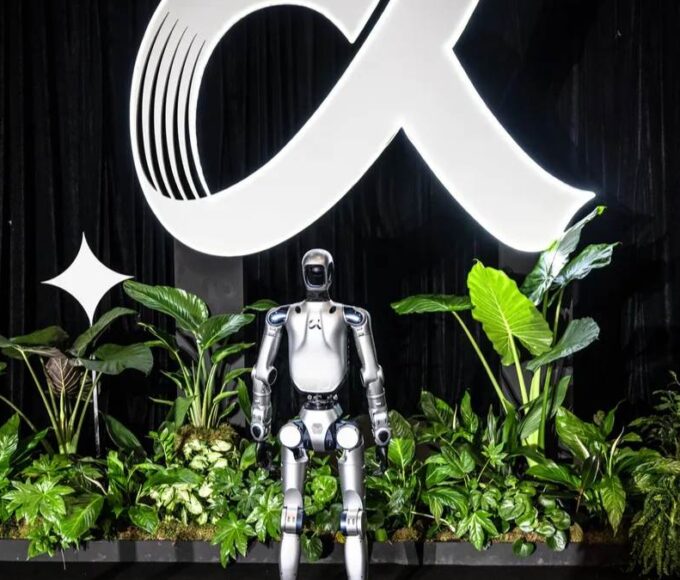Nvidia has placed a new order for 300,000 H20 chips with Taiwanese chipmaker TSMC, driven by surging demand from China, according to sources familiar with the matter. The move marks a significant shift for the U.S. tech giant, which had previously indicated it would rely on its existing inventory of the chip.
The H20 was specifically developed for the Chinese market after the U.S. restricted the export of Nvidia’s more powerful chips, like the H100 and the new Blackwell series.
Although the H20 is less powerful, it still enables advanced AI capabilities, and its sales resumed this month after a temporary U.S. ban was lifted as part of ongoing trade talks with China over rare earth magnets.
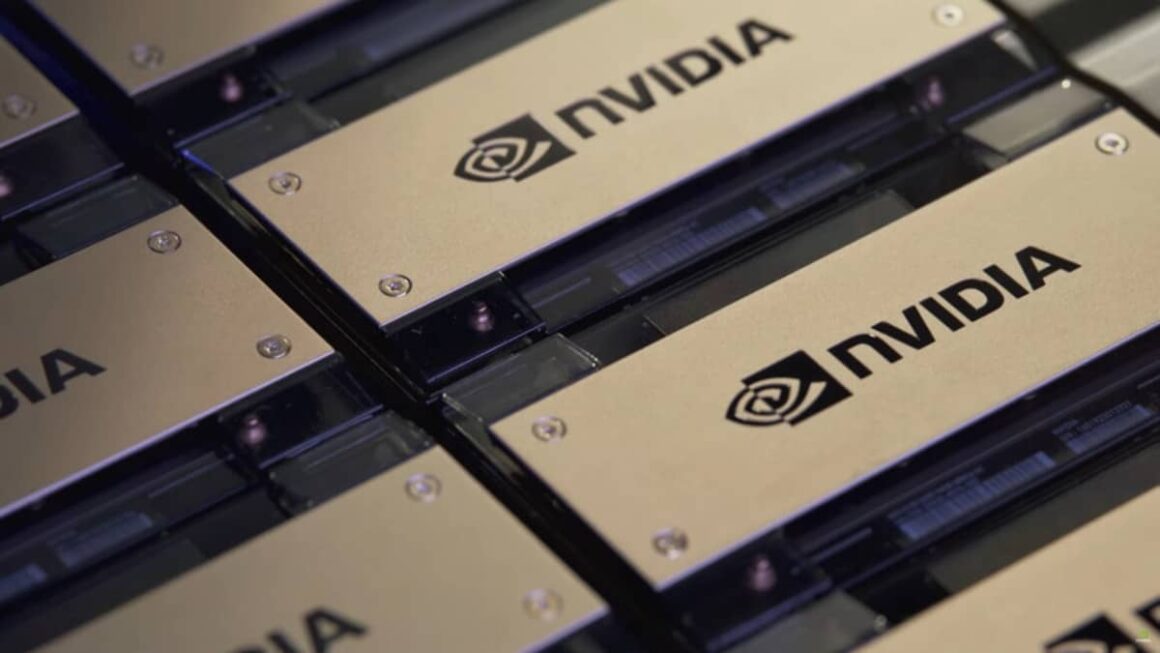
Nvidia’s existing inventory of H20 chips is estimated between 600,000 and 700,000 units. The additional order suggests Nvidia now expects greater demand than initially forecast, especially from Chinese tech firms like Tencent, ByteDance, and Alibaba, which use the chips to power cost-effective AI models such as DeepSeek.
Despite the resumed sales, Nvidia must still obtain U.S. export licenses for shipments of the H20 chips. The Department of Commerce has not yet granted final approval. Meanwhile, Nvidia has asked Chinese buyers to submit new documentation, including order forecasts.
CEO Jensen Huang recently visited Beijing, stating that production of the H20 would only restart if demand justified it. He warned earlier that without sales approval, Nvidia faced a potential $5.5 billion write-off in unsold chips and $15 billion in lost revenue.
The resumption of sales has triggered bipartisan criticism in Washington, where lawmakers fear the move could help China narrow the AI gap with the U.S. However, Nvidia argues that maintaining a foothold in the Chinese market is vital to prevent customers from switching to local alternatives, such as Huawei’s AI chips.


